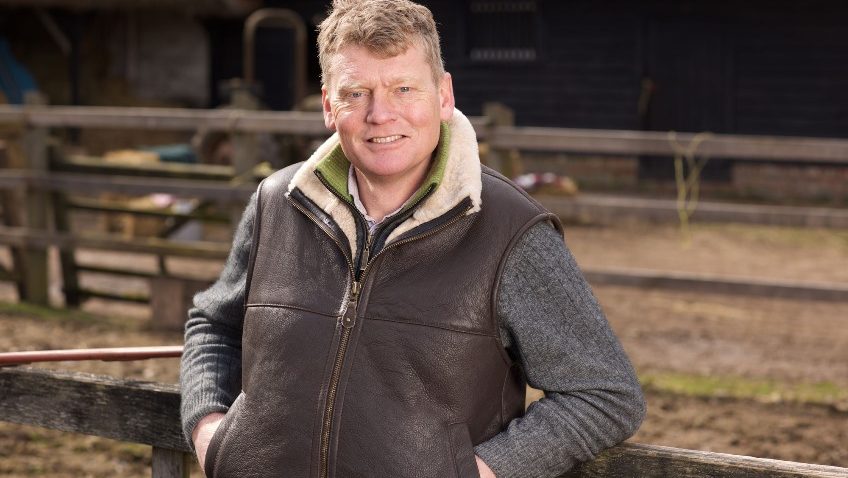Have you been swimming or surfing in invisible superbugs recently – antibiotic-resistant ones, that is? Well, if you listen to the latest episode of Radio 4’s Costing The Earth you might find out.
Since 2007 Costing The Earth has covered topics galore in exploring the impact of the human species – that’s you, me, and a good few others – on the changing state of our environment, Nature and biodiversity. Dedicated, enthusiastic presenter/interviewers like Countryfile’s Tom Heap and weatherman/gardener Peter Gibbs dig into investigations here, there and everywhere, covering a whole lot of ground – and sea, and air – as they discuss the issues and examine the research with experts and interested parties in an attempt to unpick the truth and work out the future. A large archive of back episodes is available long-term for listeners to dip into.
It’s Ellen Husain who looks at Exeter University’s research into how regular surfers and swimmers – and dolphins – might be picking up antibiotic-resistant bacteria from our seas and rivers and housing them in their own gut. A mind-bogglingly massive 70% of the antibiotics given to humans and animals go straight through their systems to pass out through the other end into our sewage systems and waterways. Rivers suffer similar contamination in countries where antibiotic manufacturing plants are poorly regulated. In the water the bacteria can then evolve by doing a lot more sharing with one another than we’d ever like them to.
Oh, dear, let’s face it – much of the news we hear these days about the state of our planet isn’t too chirpy, and a great deal of human behaviour actually is costing the earth. The programme, though, isn’t all doom and gloom (well, not quite). New discoveries, initiatives, innovative ideas and solutions are explored and examined, too, with reports on actual progress and on reversals of adverse impact, which brings a little hope and optimism at least. One way or another, it’s all fascinating stuff in with plenty to mull over for us all.
How might we achieve car-free cities and provide clean air for our kids, for example, or reduce noise pollution? What’s happening in the Arctic and on coral reefs? What’s the future for our own National Parks, and our Wetlands, which are disappearing three times faster than forest? What might be the environmental effects of political decisions like Build, Build, Build! or Brexit, or measures taken in regard to Covid 19? How do we tackle natural phenomena like floods and droughts? What are the challenges? What are the risks? What are the solutions?
Issues range from beekeeping, wildlife, wild wolves, insect extinctions, Chinese medicine and endangered species to food sustainability, veganism, fishing, and robots in farming; from fast fashion, fertility, plastic grass, polluting gas boilers and refrigerants to helpful insulation, hopeful eco-homes and the use of heat beneath the earth’s crust.
Naturally, global warming, climate change protests, tourism, zero carbon emissions and carbon offsets all get a look in, too, along with our production, use and misuse of polluters like coal, oil and ammonia. Then there’s the question of what we’re doing and what we ought to be doing with pesky, pervasive plastics, batteries and micro-fibres and those ever mounting mountains of tyres and waste wet wipes (and pretty soon PPE, no doubt!)
Since a problem must be pinpointed before it can be tackled and solved, at least we’re getting halfway there!
Eileen Caiger Gray
The programme is currently broadcast on Radio 4 on Tuesdays at 3.30 pm while BBC podcasts are available at any time you fancy on iSounds.




